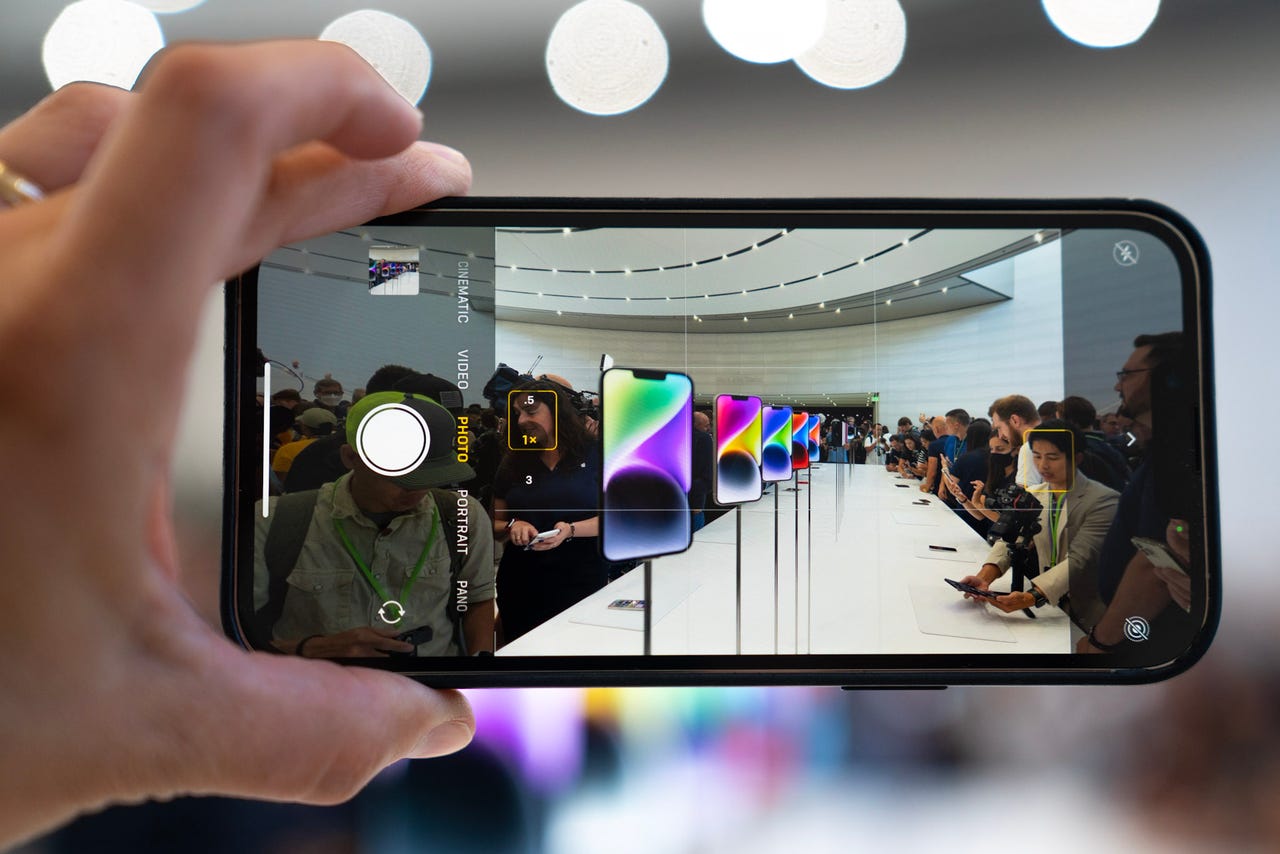'ZDNET Recommends': What exactly does it mean?
ZDNET's recommendations are based on many hours of testing, research, and comparison shopping. We gather data from the best available sources, including vendor and retailer listings as well as other relevant and independent reviews sites. And we pore over customer reviews to find out what matters to real people who already own and use the products and services we’re assessing.
When you click through from our site to a retailer and buy a product or service, we may earn affiliate commissions. This helps support our work, but does not affect what we cover or how, and it does not affect the price you pay. Neither ZDNET nor the author are compensated for these independent reviews. Indeed, we follow strict guidelines that ensure our editorial content is never influenced by advertisers.
ZDNET's editorial team writes on behalf of you, our reader. Our goal is to deliver the most accurate information and the most knowledgeable advice possible in order to help you make smarter buying decisions on tech gear and a wide array of products and services. Our editors thoroughly review and fact-check every article to ensure that our content meets the highest standards. If we have made an error or published misleading information, we will correct or clarify the article. If you see inaccuracies in our content, please report the mistake via this form.
Just how much faster is the iPhone 14?

So, how much faster than your current iPhone will your shiny new iPhone 14 be?
It depends on which iPhone 14 you buy.
ZDNET Recommends
If you're planning to buy the iPhone 14 or the iPhone 14 Plus, then you'll be getting the same A15 Bionic chip that's found in the current iPhone 13 lineup. If you go for the iPhone 14 Pro or iPhone 14 Pro Max, you'll be getting Apple's new A16 Bionic chip.
Also: New iPhone 14 models compared
Yes, you read that right.
For the first time, Apple is rolling last year's chip into the updated lineup. Apple has done this in the past with the iPhone SE line, but this is a first for the main lineup.
So, why did Apple do this?
This one chart presented at the iPhone 14 unveiling says it all. It compares the new A16 Bionic to the A13 Bionic released in 2019, and compares both to the "nearest competitor," which we can assume is the Snapdragon 8+ Gen 1 (although Apple didn't disclose this at the event).
Apple's new A16 Bionic Chip has a 6-core CPU
Apple can release an iPhone powered by a chip it released three years ago and still beat the competition. This means that the A15 Bionic has more than enough horsepower to give users the power and performance that they need.
See also
Apple just doesn't need to put the faster chip into these iPhones to compete.
This also creates another differentiation between the iPhone 14/14 Plus and the iPhone 14 Pro/Pro Max, making people who opted for a Pro Max last year less likely to downgrade to the lower-specced (and lower-priced) iPhone 14/14 Plus this year.
If you want the fastest, you're going to have to pay Apple the big bucks.
OK, but what about the new A16 Bionic found in the iPhone 14 Pro/Pro Max?
Numbers are scarce from Apple -- as usual -- but we did find out that the A16 Bionic is 40% faster than the competition.
CPU performance
Comparing an old processor to a new one is a bit like comparing apples to oranges, because performance is hard to pin down. Are we talking about the high-performance core speed, the high-efficiency core speed, GPU speed, display engine speed, or the neural engine speed?
Speed is no longer just a measure of how fast the CPU ticks. It's more real-world, and a lot harder to quanitfy.
Overall, until we get real-world benchmark numbers, we have to do some back-of-the-envelope scribblings, and if past progress is anything to go buy, we're likely looking at something in the region of a 10 to 12% performance increase over the A15 Bionic.
But there's more to a new processor than more speed.
For the new A16 Bionic, Apple is touting features such as better battery life and more wizardry relating to the camera and image processing as user benefits. While these features have nothing to do with performance itself, they will offer benefits to the end user who chooses the iPhone 14 Pro/Pro Max.
